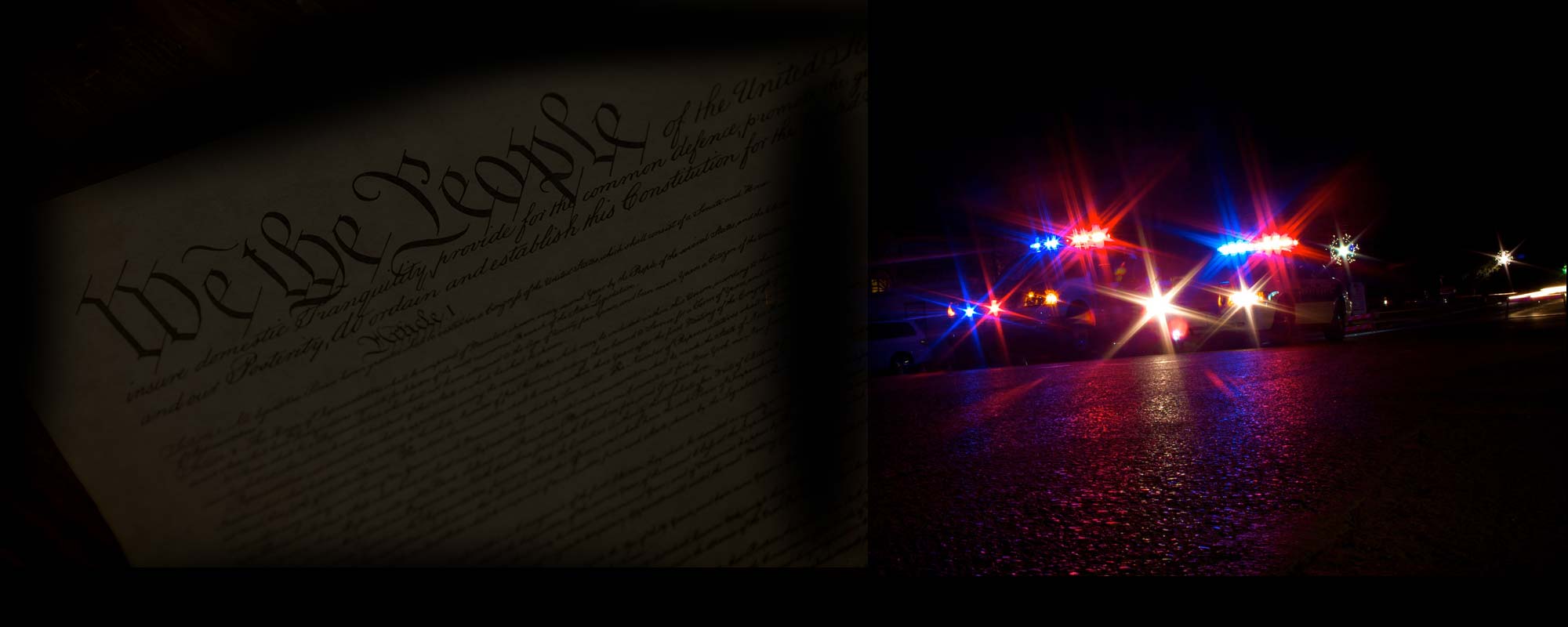On Friday, November 18, 2016, it was reported that Officer Jeronimo Yanez of the Minneapolis, Minnesota Police will be prosecuted for crimes committed when he shot to death Philando Castille following a traffic infraction stop on July 9, 2016. This, you may recall, was the shooting that was recorded and broadcast worldwide by Castille’s girlfriend as the event was happening, in which Castille was lawfully armed, calm, cooperative, and fully compliant with the officer’s instructions after having been stopped for a defective taillight on his vehicle.
The charges being placed against Officer Yanez are three felonies; one count of manslaughter for the death of Castille, and two counts of felony endangerment by use of a firearm. Yanez fired seven shots into Castille’s automobile in which Castille’s girlfriend and her young child were passengers. At his news conference announcing the prosecution, Ramsey County Attorney John Choi said:
“To those of you who may say this incident was Philando Castille’s fault, I would submit that no reasonable officer — knowing, seeing, and hearing what Officer Yanez did at the time — would have used deadly force under these circumstances. Giving the officer . . . every benefit of the doubt on his use of deadly force . . . I cannot allow the death of a motorist who was lawfully carrying a firearm under these facts and circumstances to go unaccounted for.”
Here is a prosecutor with a good grasp on what needs to be done in such cases. Although, according to statistics, convictions of officers charged criminally in such circumstances is even more rare than their being charged, which, in and of itself, is unusual and unjustifiably infrequent, Mr. Choi, unlike most cops, understands by this decision to prosecute, that it is the process of due process that is important; not the outcome. It is the failure to start the process or keep it a secret with internal investigation that causes anger and civil disturbance.
As long as the process of prosecuting begins, due process, as required by the Constitution, is occurring and justice being done. As long as there is a trial that conforms to the 6th Amendment to the Constitution, whether a jury acquits or convicts, due process happened and justice done. Due process is all about the process; the outcome is secondary, and that’s what fair minded people want to see, the process of justice demanded by the Constitution.
The comment of the Executive Director of the Minnesota Police and Peace Officers Association, that the group he represents is disappointed by the bringing of the charges against Officer Yanez is ridiculous, disturbing, and indicative of what’s wrong with the police — their one-way thinking in these situations, and their obvious double standard when it comes to prosecuting their own criminal misconduct. Instead, they should see the greater good that comes from cleansing their bad apples and the restoration of public confidence in the police, by the application of due process for everyone; cops included.
The fault, however, is not entirely theirs. The widespread notion that the police are always right and always to be believed comes from the courthouse where prosecutors and judges lean in the police’s favor on questions of credibility far too often, and even where officers are demonstrably untruthful. The growing use of video technology is making inroads into and piercing this veil of police credibility. Watch out, police association spokespersons, real justice is coming.






